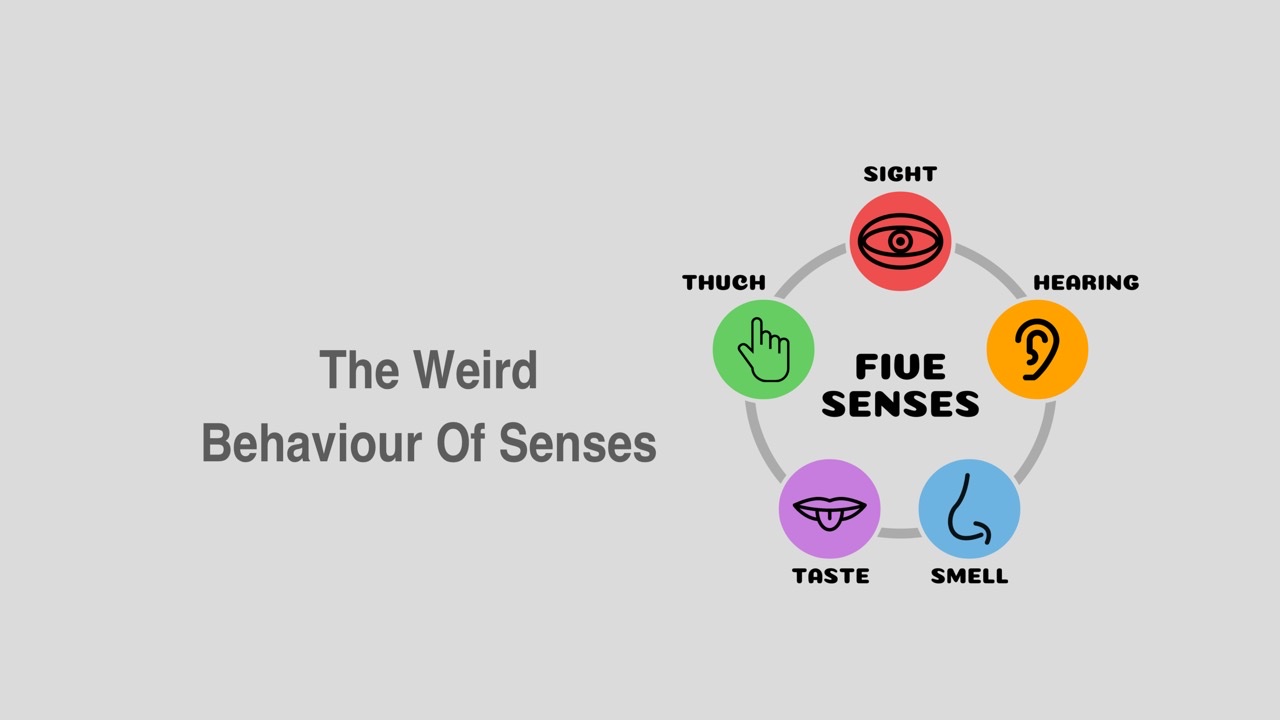
The Weird Behaviour Of Senses
3 years ago By Yogi AnoopThe Weird Behaviour Of Senses
Our thought process has a deep impact on our behaviour. If thoughts are extremely emotional or rajasik in nature, the same gets translated into a person's food choices and habits as well. If seen from a subtle point of view, ideological movement increases tension in certain senses.
For example, due to excessive thinking and stress, one can feel stress in many body parts such as the jaw, mouth. You may notice, our mouths keep moving when we are in tension which increases tension in the jaws and gives rise to fatigue.
Two reactions are more likely to occur when the jaws are fatigued:
One feels like eating frequently as it gives relaxation to the jaws
Due to the tension in the jaws, one feels like speaking more than necessary
The truth is, a tense jaw tries to relieve stress by speaking and eating frequently. When even this does not help, then while sleeping, the person clenches the jaws together. The main reason for this is that there is tension in the jaws due to the movement of thoughts while sleeping, at that time the action of speaking is not possible due to the dormant senses, nor can eating happen, that is why the brain tries to reduce its own stress. For this, while sleeping at night, starts clenching the jaws.
This type of thinker is compelled to eat fried and sweet because he has exhausted his jaws. When a person keeps on eating something or the other throughout the day, his jaws and tongue are calm and it helps the brain as instant energy is available.
There are also some people who have more power of imaginary ability than conceptual ability, due to the predominance of imagination in such people, the stress impacts eyes rather than the jaws. This is because while imagining, there is more movement in the pupils of the eyes. These movements of the eyes are greatest in the right-left and downwards. There is very little going up of the pupils of the eyes.
Note that the faster the speed of imagining, the more the speed of the pupils of the eyes increases. In such a situation, the front part of the brain and the process of digestion suffers.
Such people lack patience so much that they start eating too many sweets. They like food in which the taste can be extracted immediately without any effort, for example - rasgulla, cold drink etc.
Such people do not like foods that increase energy after a few hours of eating. Like protein etc. Such people also tend to overeat and often suffer from gastric problems.
That is to say, the more imaginary people are, they are more focused on the taste of food; the more colourful scenes fill the mind, the more they try to fill the stomach with delicious food.
Ways To Tackle-
The brain gets tired due to overthinking and over imagining, therefore, the mind tries to get more and instant energy through junk food. If we look deeply, it is known that the fatigue in the brain is caused by the management of imagination and thoughts and that deficiency is filled by food. If the tired mind is relaxed through yoga, pranayama and meditation, then it will not need to eat again and again. And at the same time, there will be no need for such intensely sweet and spicy food.
Yoga can loosen the rivers drawn in the brain, so it should be practised daily. Due to this, the tension and tension between the sense organs and the sense organs can be relaxed and the craving for food can be put to an end automatically.
Pranayama relaxes the tired brain while correcting the tension in the senses, as a result, the senses are not able to behave inappropriately. Practising meditation trains the mind so that a thoughtless state can be achieved.
Recent Blog
Copyright - by Yogi Anoop Academy
